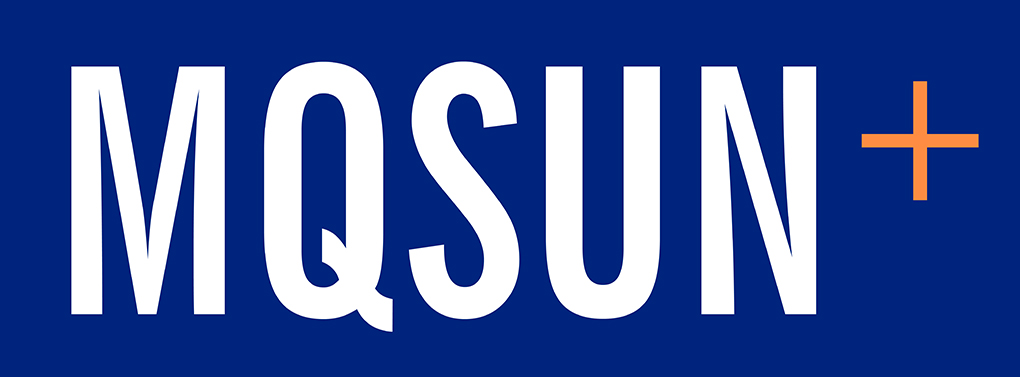Resources
Page 7 of 10
Improving Multisectoral Nutrition through Targeted Technical Assistance: Zambia
The United Kingdom’s Department for International Development (DFID) provides support to the Zambian government based on their national development plans and the UK’s poverty reduction, nutrition and human resources capacity priorities. DFID also supports the global Scaling Up Nutrition (SUN) Movement and is a lead SUN co-convener donor in Zambia. Between 2012 and 2016, MQSUN provided a […]

December 1, 2017
Nutrition Embedding Evaluation Programme (NEEP)
The Nutrition Embedding Evaluation Programme (NEEP) was a four-year project (Oct 2013–Oct 2017) led by PATH and funded by the UK Department for International Development. NEEP aimed to build the evidence base for what works in improving nutrition by conducting credible, robust evaluations of innovative interventions implemented by civil society organisations (CSOs). The programme provided […]
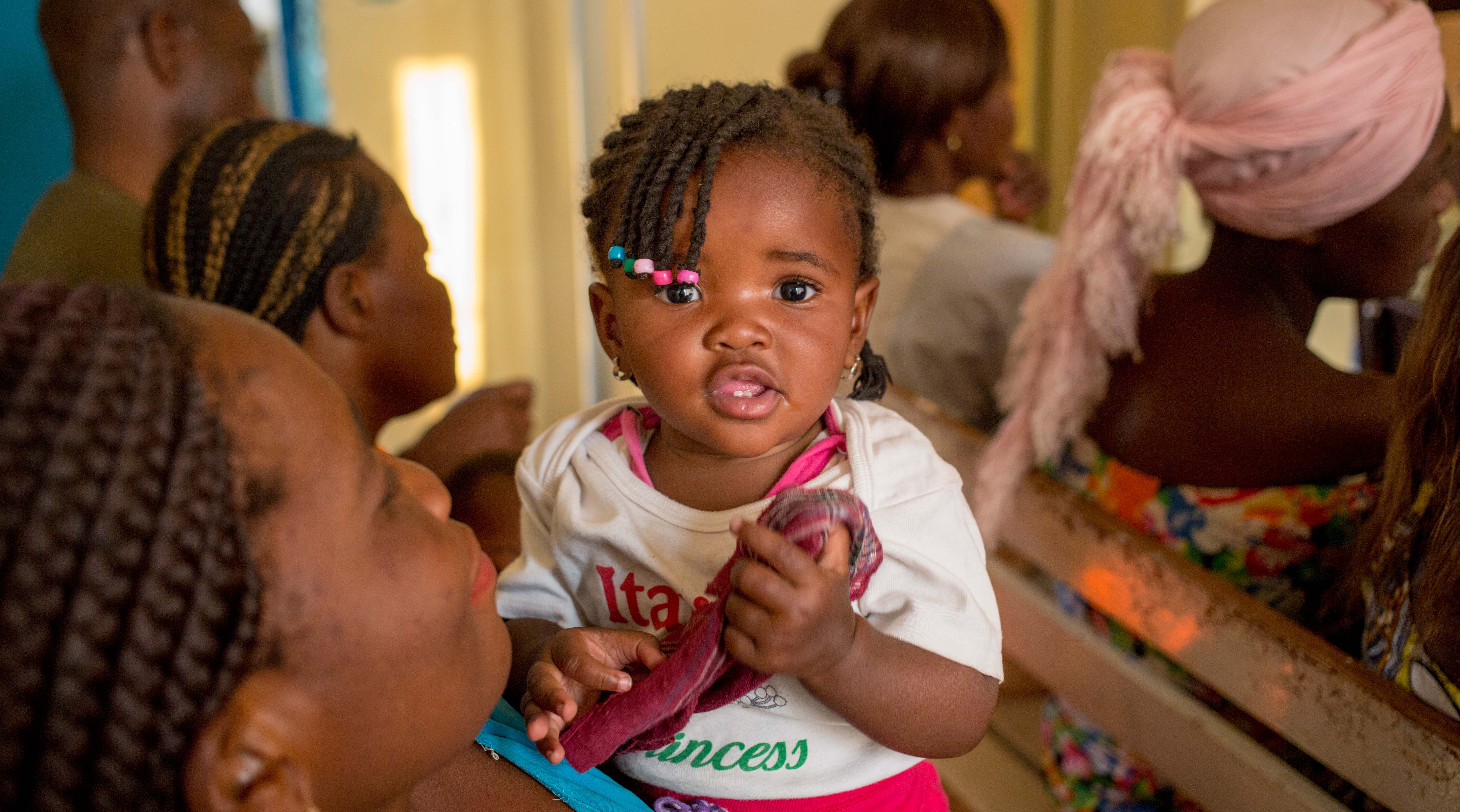
October 28, 2017
A Nutrition Commitment Repository: Scoping and Alternatives
The original intent of this scoping exercise was to better understand how a commitment repository for non-state actors—in particular, business and civil society organisations (CSOs)—might strengthen the commitment of non-state actors to nutrition and increase their accountability for progress. A second objective was to imagine what this repository might look like, how it might work […]
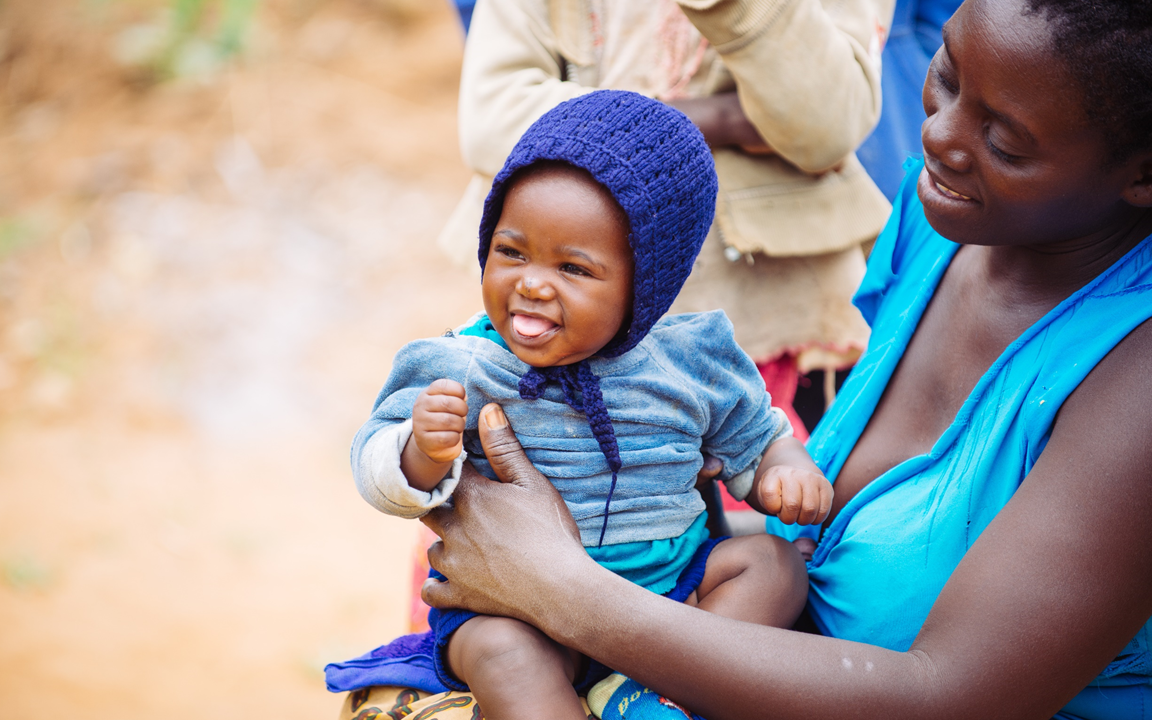
June 19, 2017
DFID’s Aid Spending for Nutrition 2015
Building on previous reviews, this report independently analyses the United Kingdom’s Department for International Development’s (DFID) official development assistance (ODA) spending on nutrition-related projects in the year 2015. The research team used the approach developed by the Scaling Up Nutrition (SUN) Donor Network to identify and quantify DFID’s nutrition-specific and nutrition-sensitive interventions. The report reveals that DFID […]
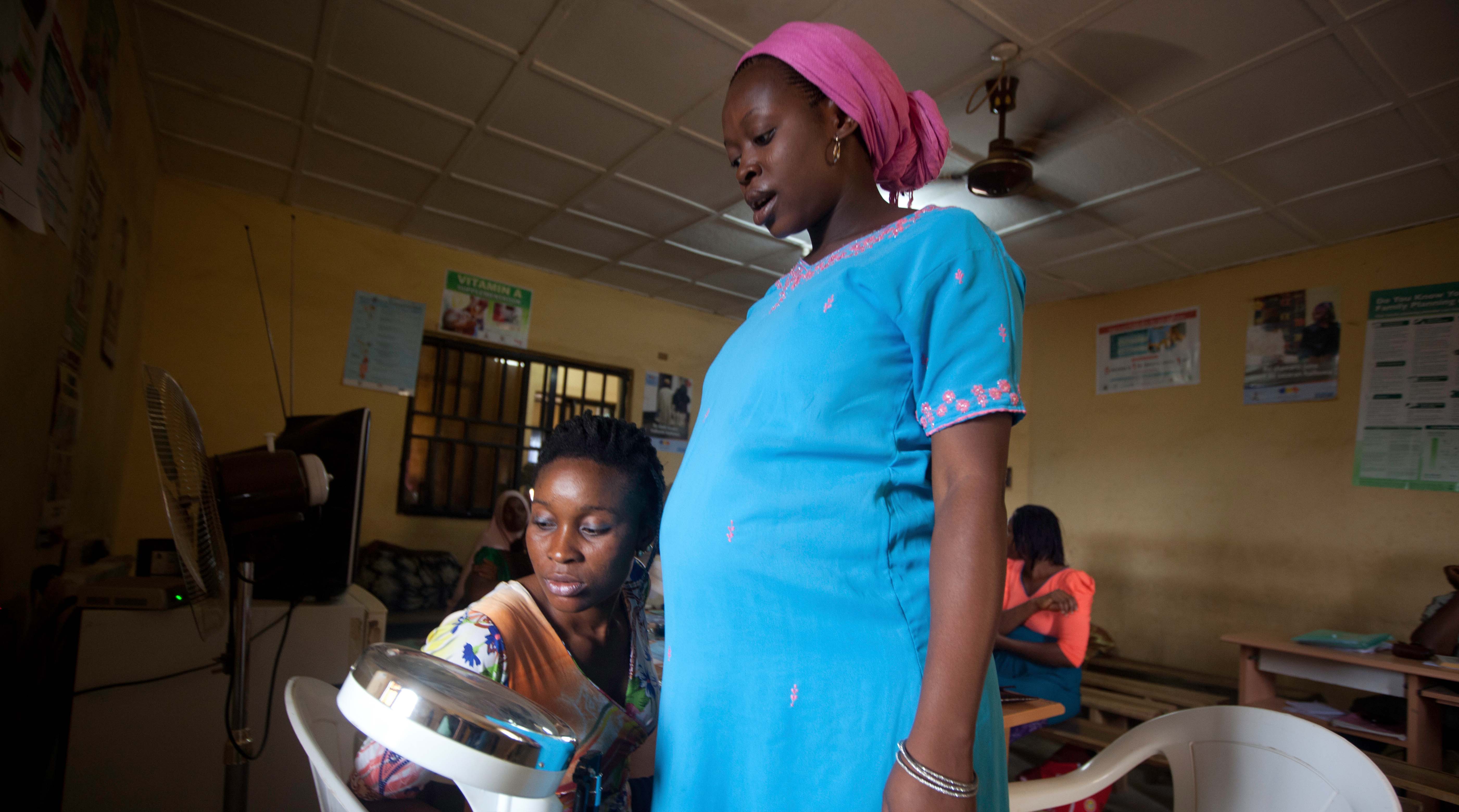
March 1, 2017
Impact Evaluation of the DFID Programme to Accelerate Improved Nutrition for the Extreme Poor in Bangladesh: Policy Brief
This policy brief provides an overview of the key findings and recommendations from the ‘Impact Evaluation of the DFID Programme to Accelerate Improved Nutrition for the Extreme Poor in Bangladesh’. The evaluation found limited positive changes in women’s nutrition-related child feeding and care practices and no changes in child nutritional outcomes (including stunting and wasting […]
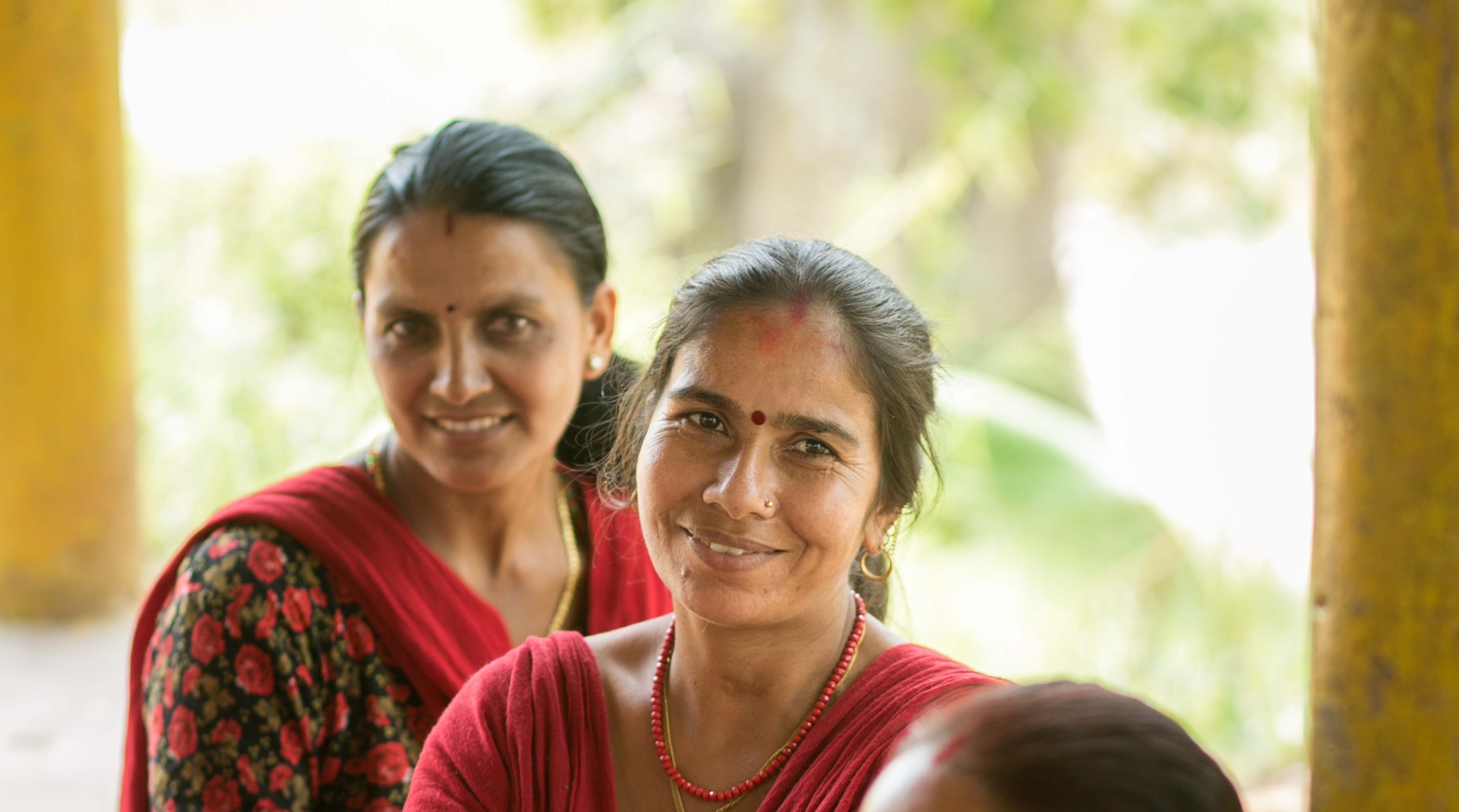
January 2, 2017
Impact Evaluation of the DFID Programme to Accelerate Improved Nutrition for the Extreme Poor in Bangladesh: Final Report
The United Kingdom’s Department for International Development’s (DFID) Programme to Accelerate Improved Nutrition for the Extreme Poor in Bangladesh (2013-2016) aimed to improve nutrition outcomes for children, pregnant women, mothers and adolescent girls by incorporating a set of nutrition-specific interventions as part of three existing livelihood support programmes in Bangladesh targeting the extreme poor. These […]
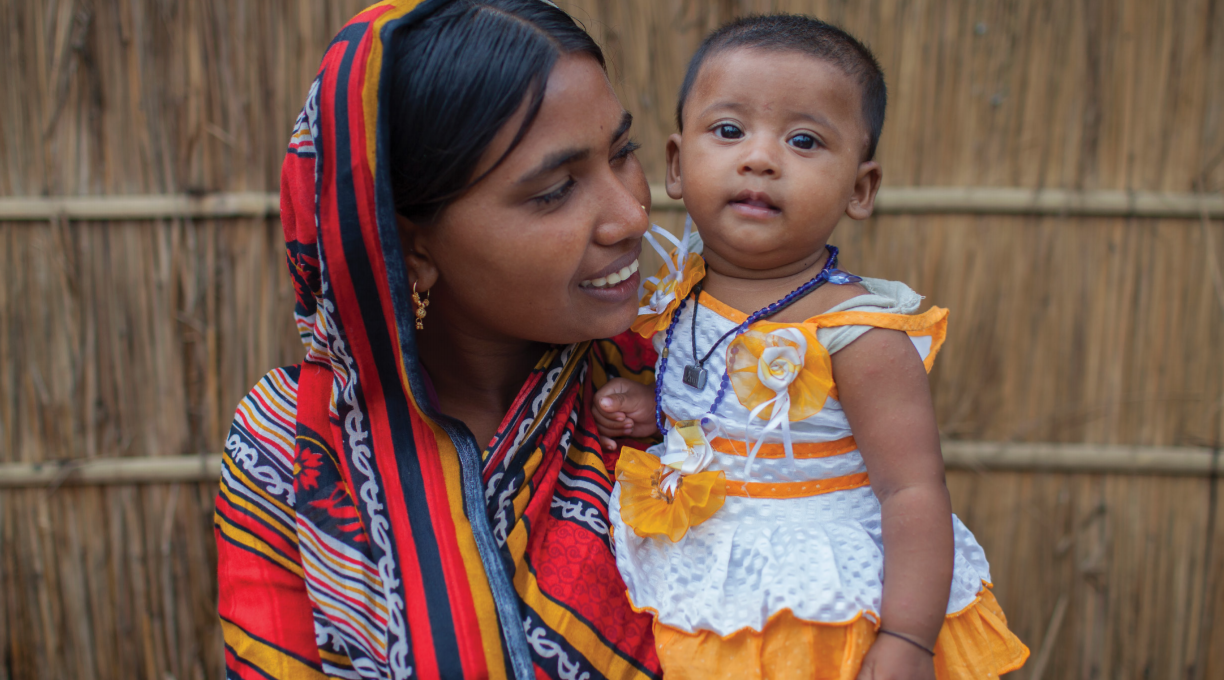
June 21, 2016
Multisectoral Planning for Nutrition
This guidance note focuses on the basic requirements for effective multisectoral planning towards common nutrition results. The process involves determining common pathways for sectoral strategies and aligning sectoral plans to nutrition targets. This note is meant to serve as a reference for countries engaged in developing multisectoral plans. It is not a blueprint to be followed step […]
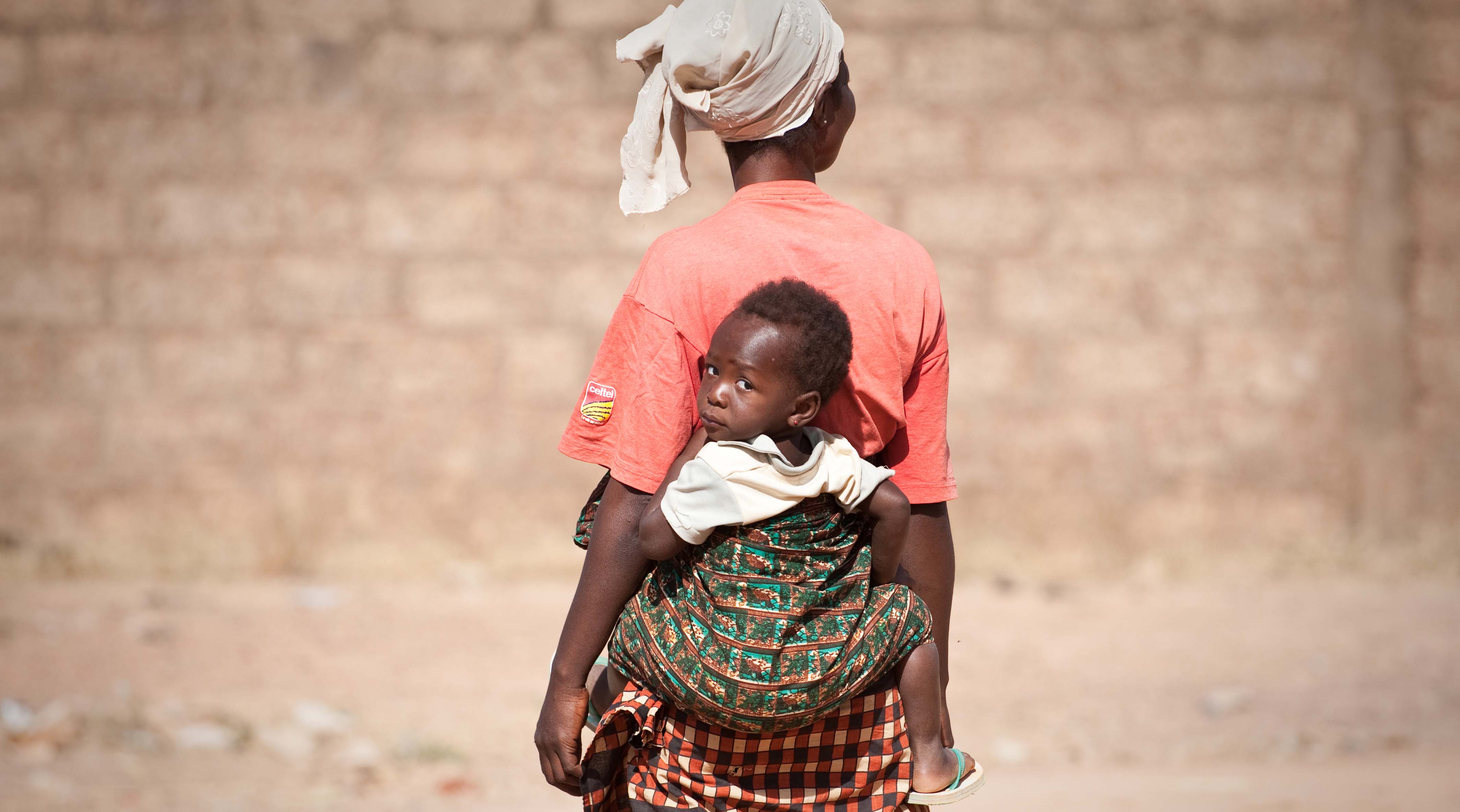
April 25, 2016
How to Estimate the Costs of Nutrition-sensitive Actions in a Common Results Framework: A Guidance Note
The development of a common results framework (CRF) is a complex process which includes but is not limited to: agreeing on common goals with sectoral partners; development of operational plans; cost estimation of actions; setting priorities; as well as continuous rigorous monitoring and evaluation. This guidance note presents the basic requirements for estimating the costs […]
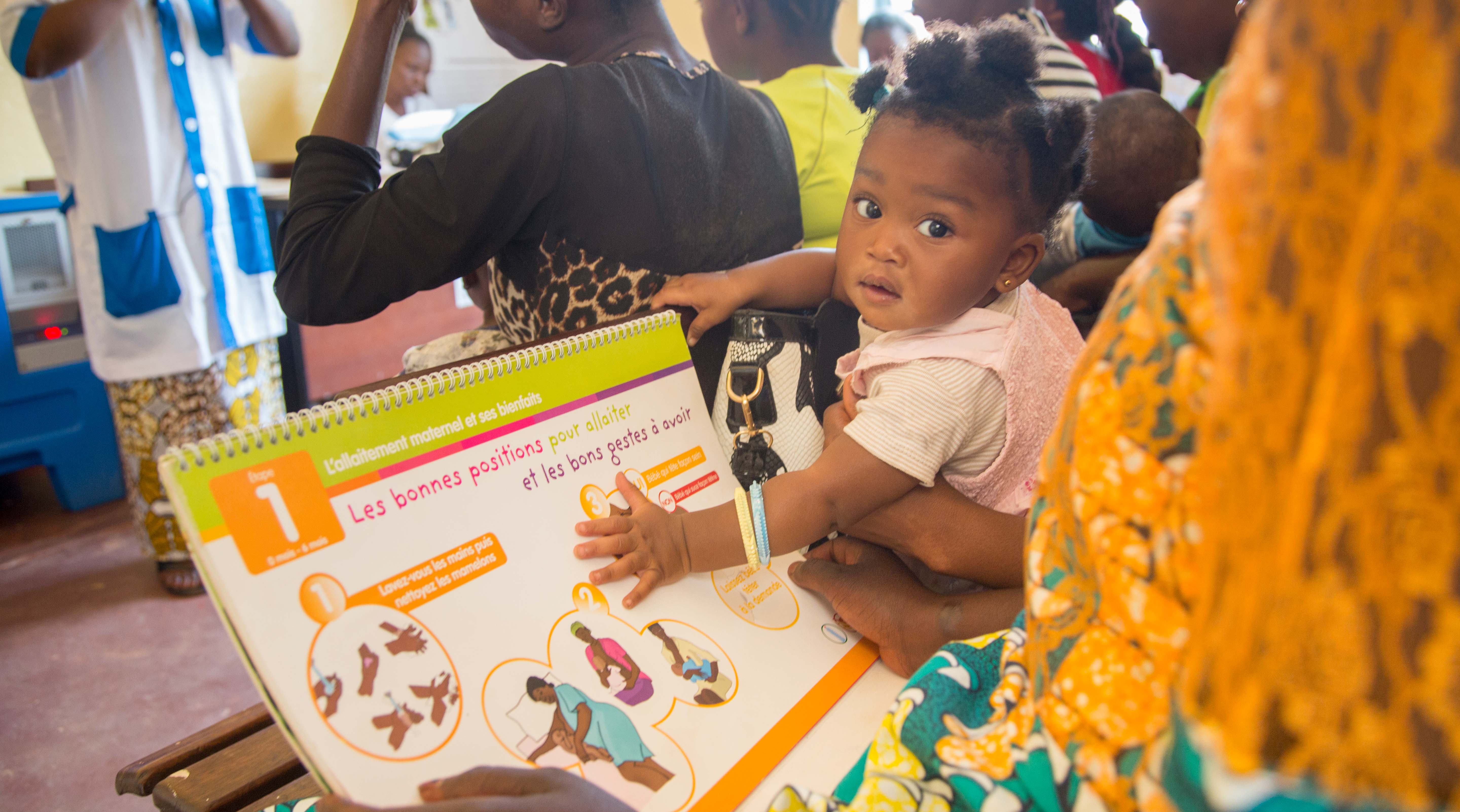
April 15, 2016
Analysis of Nutrition-sensitive Budget Allocations: Experience from 30 Countries
This report examines the categorisation of nutrition budget line items prepared by countries, and analyses it across the five key sectoral domains identified in the 2014 Global Nutrition Report (health, education, agriculture, social protection, agriculture and water, sanitation and hygiene). Within each thematic sector, the Scaling Up Nutrition (SUN) Movement Secretariat was able to sub-classify […]
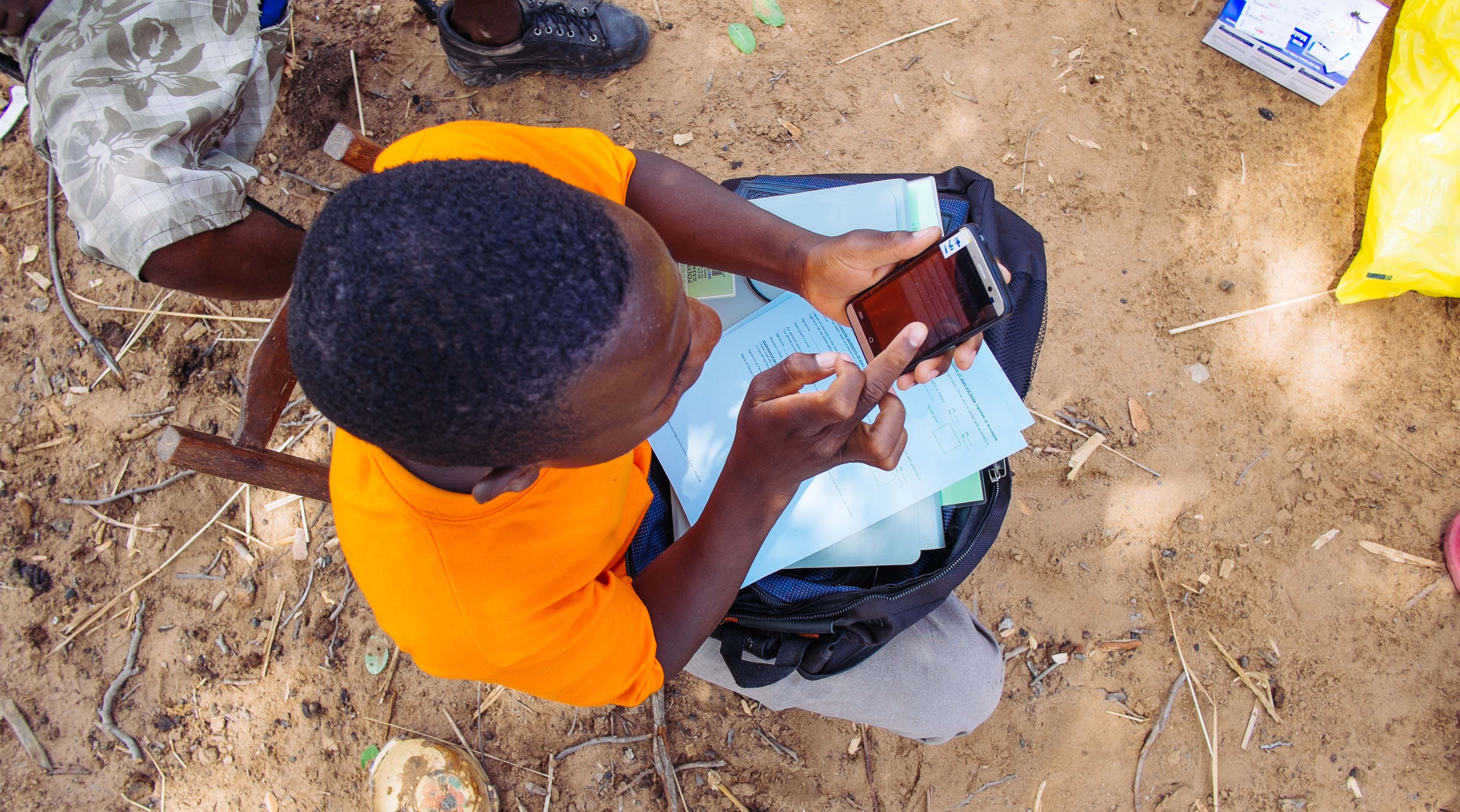
March 11, 2016
Addressing Undernutrition in the Context of Urbanisation in Low- and Middle-income Countries
Urbanisation presents a set of challenges and opportunities for tackling undernutrition in low- and middle-income countries where the United Kingdom’s Department for International Development (DFID) works. This evidence review considers the scale of urbanisation in these countries, appraises what works in urban settings and how this context differs from the rural context with regard to nutrition programming, […]

February 10, 2016
Page 7 of 10
